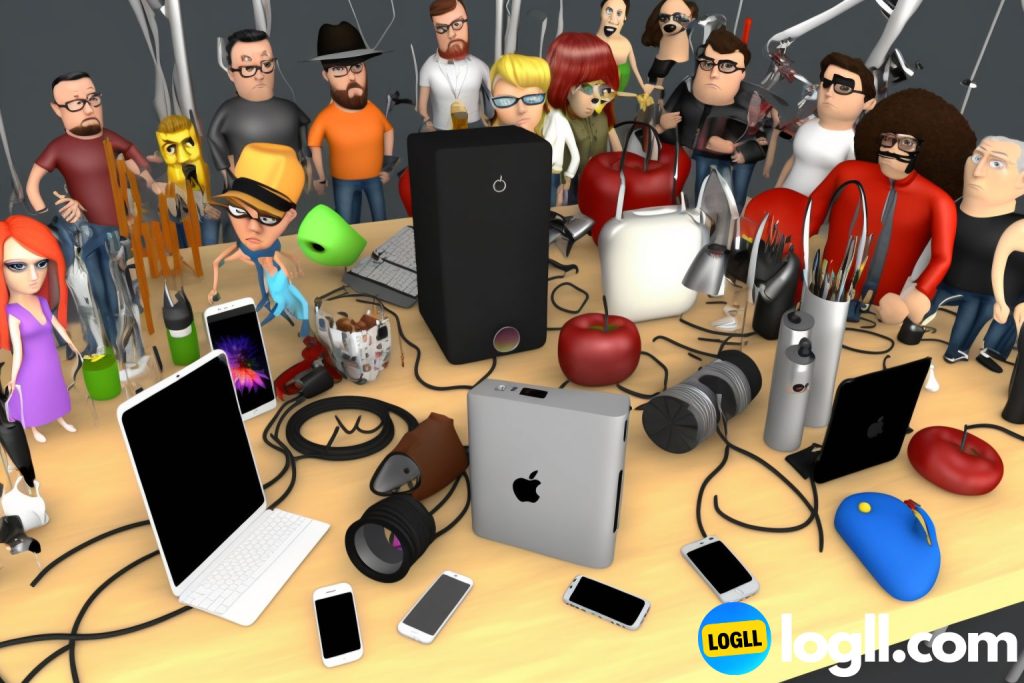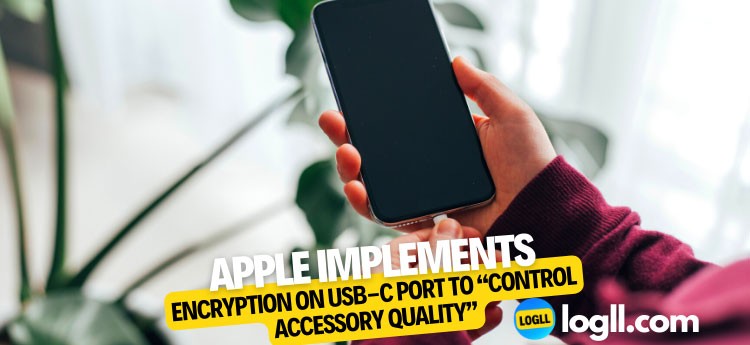For years, there has been speculation about whether or not Apple will switch from Lightning to USB-C in their iPhones.
Apple’s Switch to USB-C Comes with Unexpected Consequences
With the release of the iPhone 15 and iPhone 15 Pro, the rumors have finally been confirmed. However, the switch to USB-C comes with some unexpected consequences.
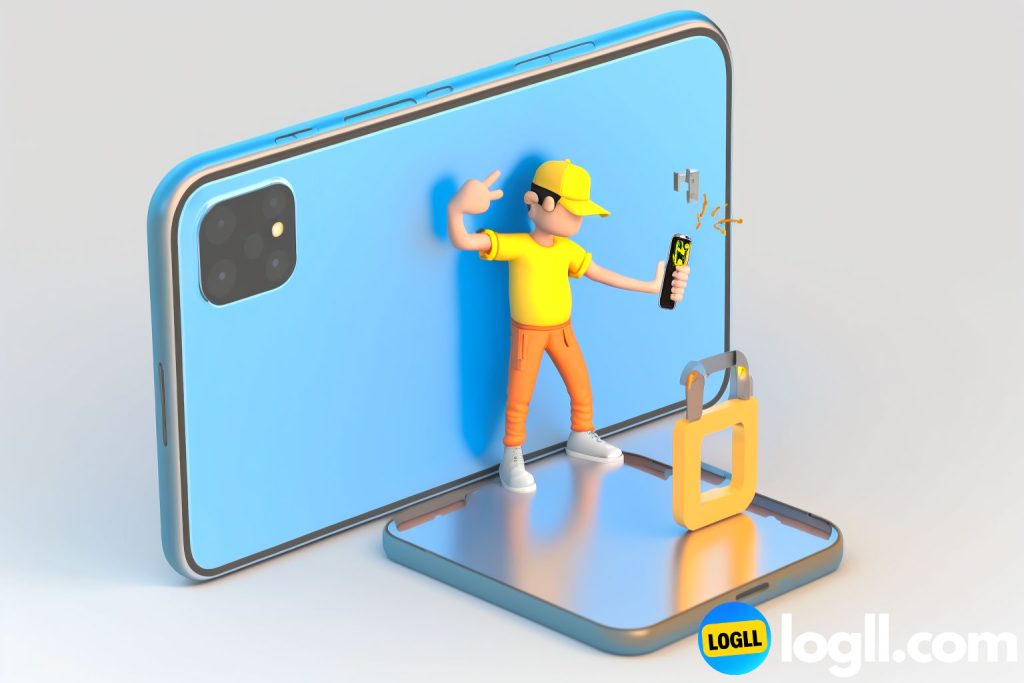
According to recent reports, Apple has implemented encryption on the USB-C port of their devices.
The latest iOS update encrypts the USB-C port of iPads and Macs, causing restrictions for non-certified accessories. This means that in the future, only certified accessories will have full access to the USB-C port, potentially causing non-certified accessories to not work with the latest iPhones.
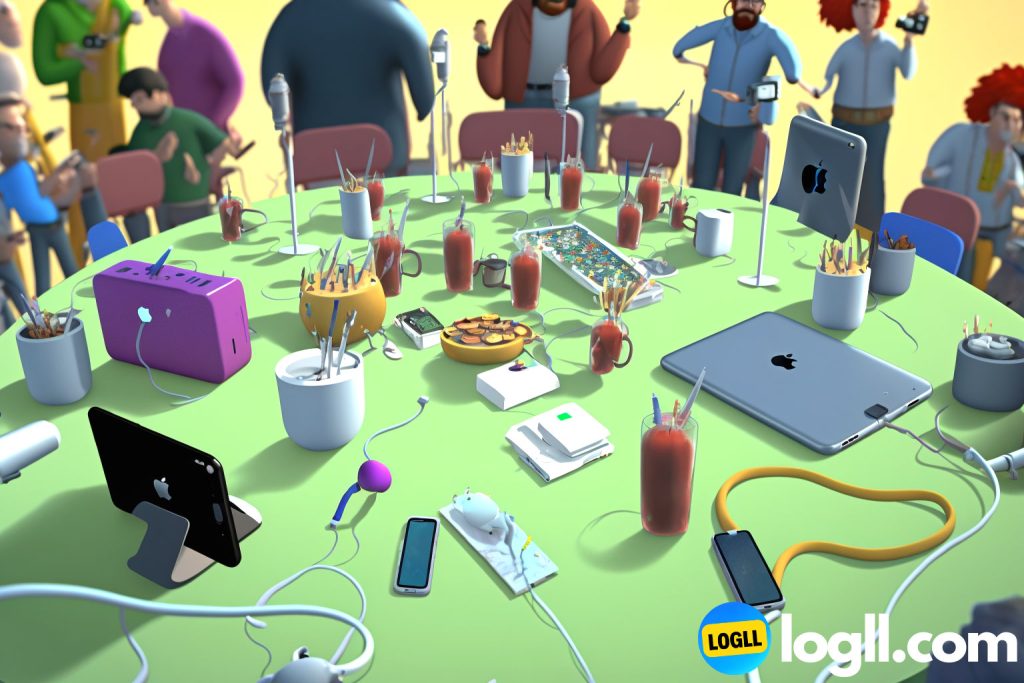
Apple’s Move to Control Accessory Quality Sends Shockwaves Through Accessory Maker Community
This move by Apple is seen as a way to control the quality of accessories used with their devices. The company has been using USB-C instead of Lightning in their MacBook and iPad models for some time, and now they are finally incorporating the change into their smartphones. However, it appears that Apple wants to maintain control over the accessories that can be used with their devices.
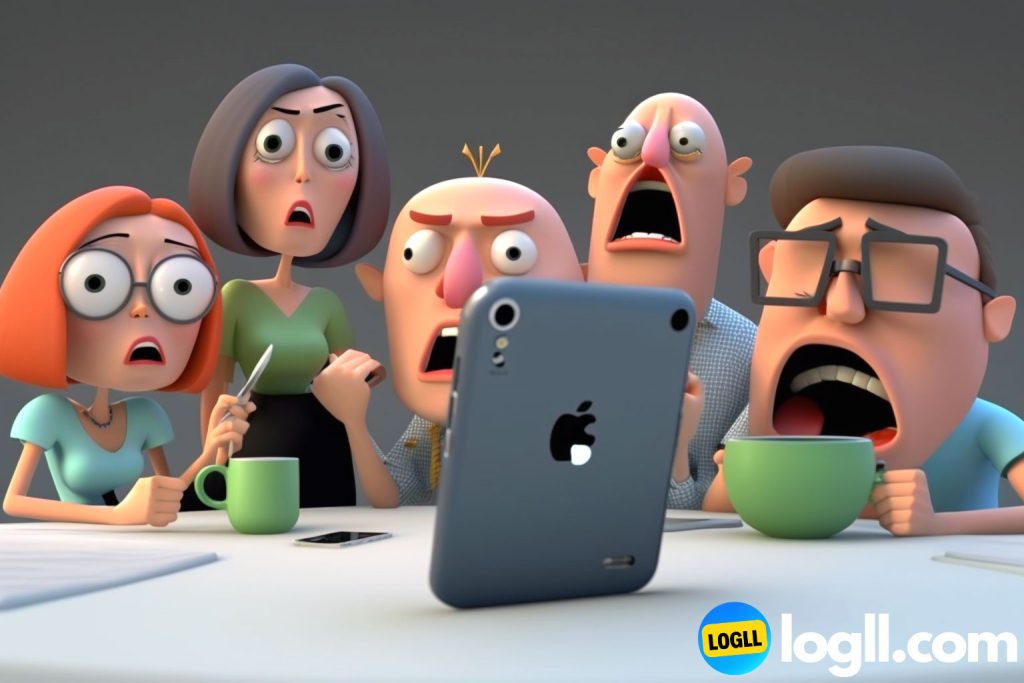
This news has sent shockwaves throughout the accessory maker community. Rumors have recently emerged suggesting that the USB-C port and charging cables on the iPhone 15 and iPhone 15 Pro will feature a Lightning-like authenticator chip. This chip will ensure that only certified accessories can be used with the latest iPhones.
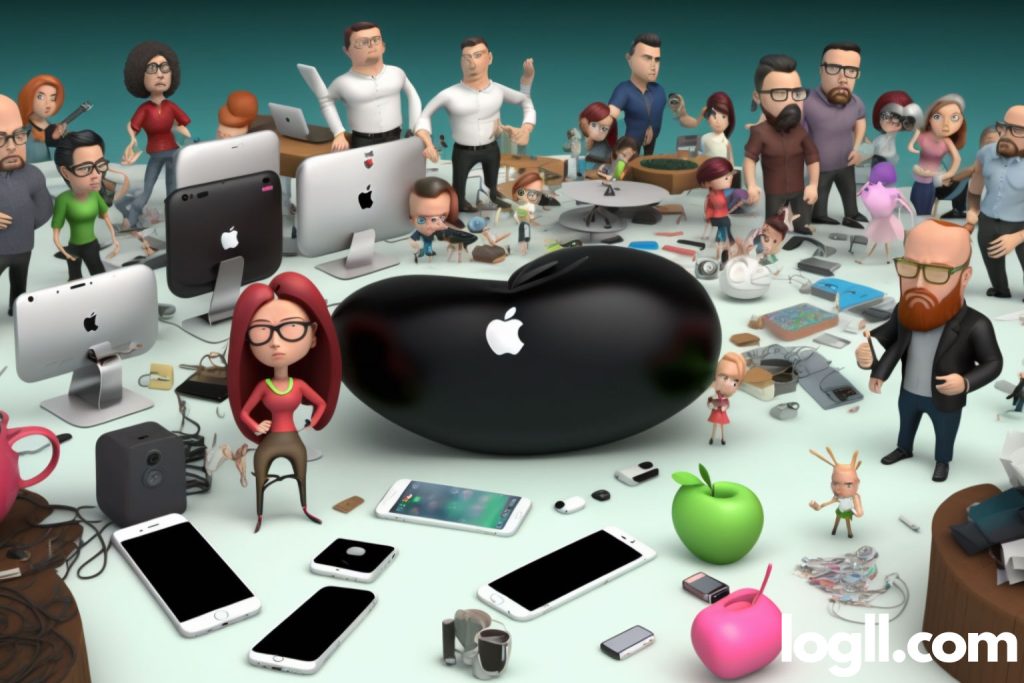
Accessory Makers Concerned About Apple’s Move to Limit Non-Certified Accessories
The move by Apple has caused concern among accessory makers who fear that they may no longer be able to make non-certified accessories that work with the latest iPhones. However, some industry experts believe that this move could be a game-changer for accessory makers.
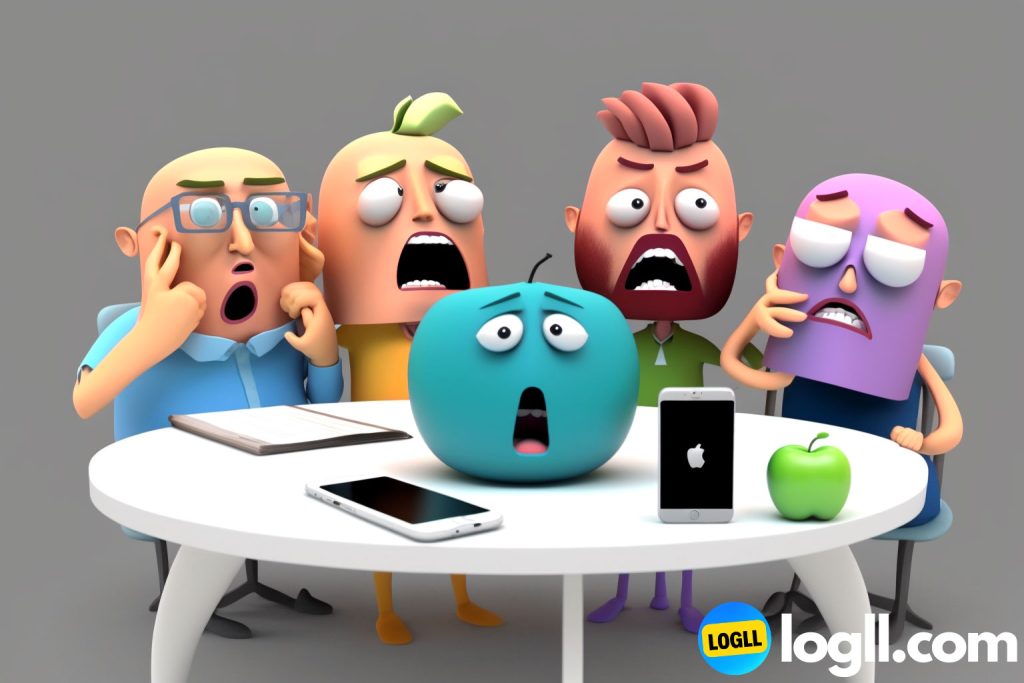
According to Ming-Chi Kuo, a well-known Apple analyst, the USB-C port on the iPhone 15 and iPhone 15 Plus will remain limited to USB 2.0 speeds, the same as Lightning. This means that non-certified accessories may not be able to take full advantage of the USB-C port’s capabilities. However, this will not be the case with the iPhone 15 Pro series.
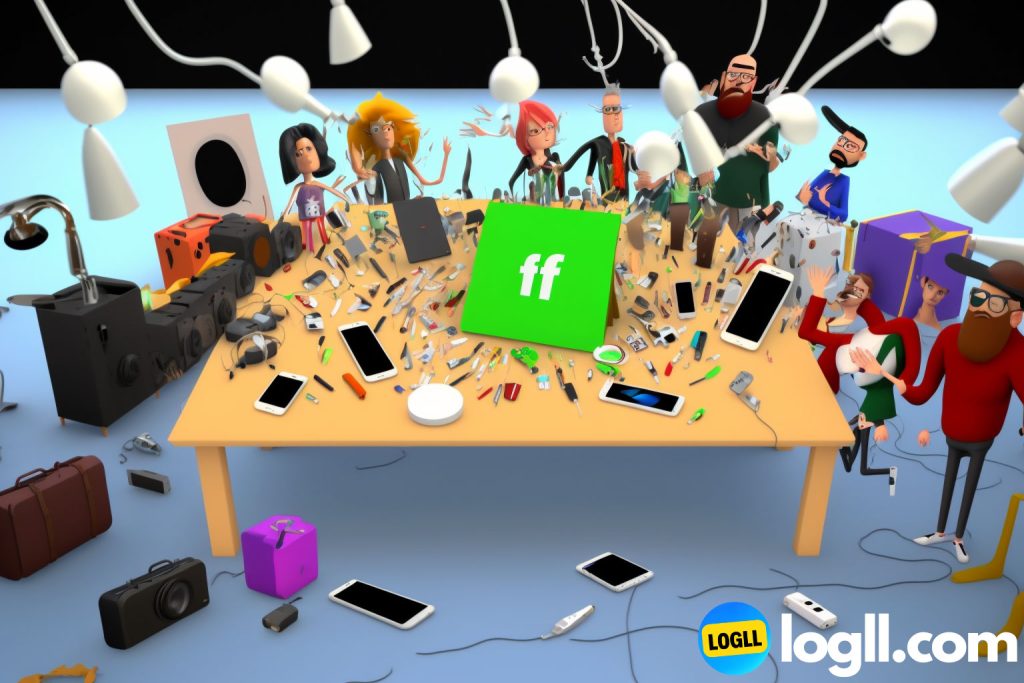
⭐️⭐️⭐️⭐️⭐️ 2023 MacBook Pro
Apple 2023 MacBook Pro Laptop M2 Pro chip with 10‑core CPU and 16‑core GPU: 14.2-inch Liquid Retina XDR Display, 16GB Unified Memory, 512GB SSD Storage. Works with iPhone/iPad; Space Gray
$1,719.13
Apple 2023 MacBook Pro Laptop M2 Pro chip with 12‑core CPU and 19‑core GPU: 16.2-inch Liquid Retina XDR Display, 16GB Unified Memory, 512GB SSD Storage. Works with iPhone/iPad; Space Gray
$2,349.00
Logll Tech News ✅️
— Logll Tech News (@LogllNews) February 13, 2023
Samsung Galaxy Z Fold 3 Screens Cracking for No Reason After Warranty Expires
Just watched a video on the #SamsungGalaxyZFold3 screen issue and it's concerning. Dead pixels and cracked screens with no apparent physical impact are https://t.co/9Izw9rE6yJ… https://t.co/r8Rah5vxrk pic.twitter.com/0PVpvjlJpd
Recommended reading: Samsung Galaxy Z Fold 3 Screens Cracking for No Reason After Warranty Expires
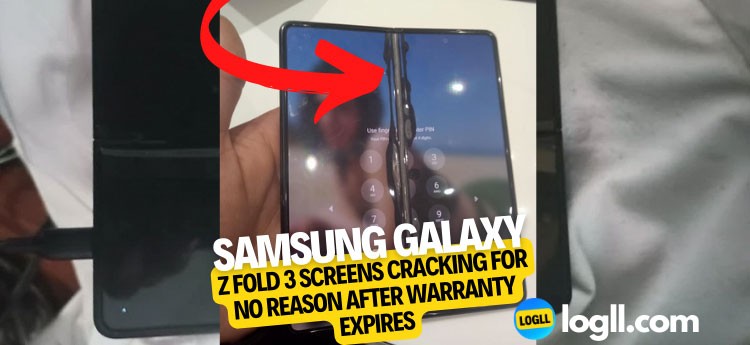
Apple’s Latest Move is a Game-Changer for Accessory Makers
https://youtu.be/JNZ35BpZr-M
Overall, Apple’s latest move to implement encryption on the USB-C port of their devices is a game-changer for accessory makers. The move is seen as a way to control the quality of accessories used with Apple devices. Only time will tell how this move will impact the accessory maker community, but one thing is certain – this news has caused a stir among both consumers and manufacturers alike.
